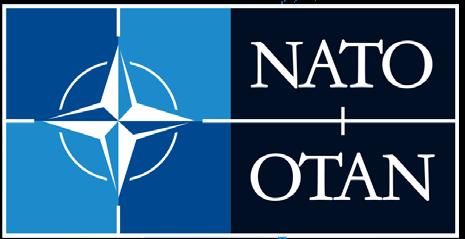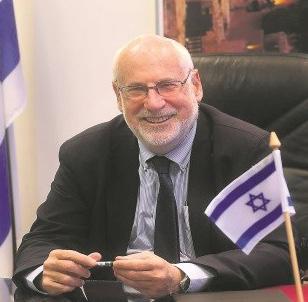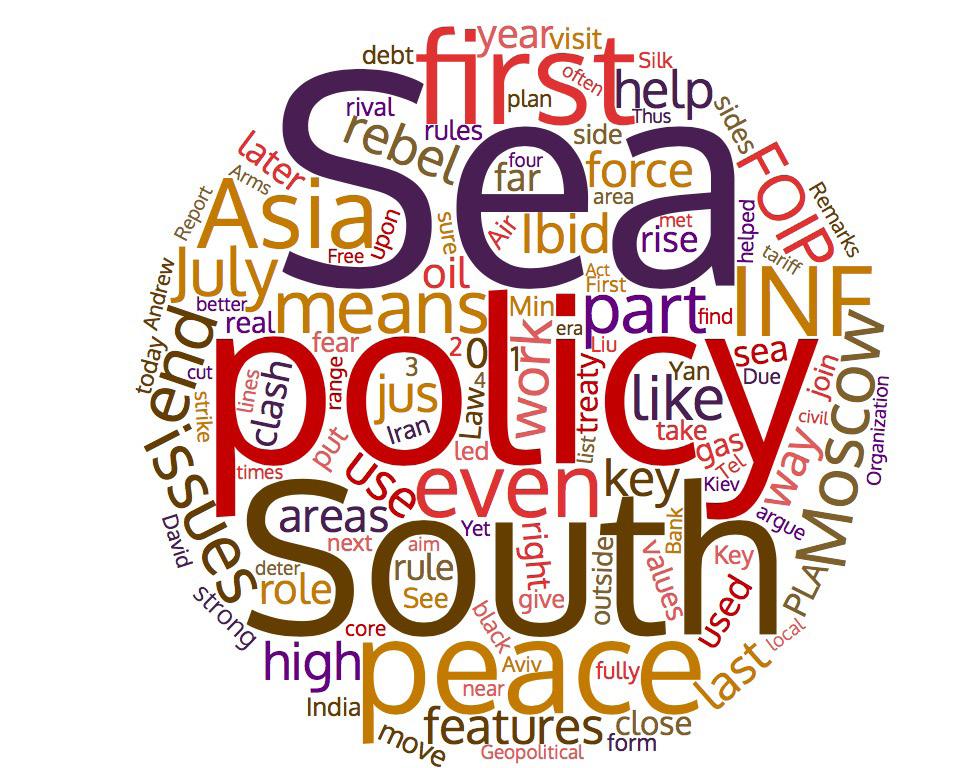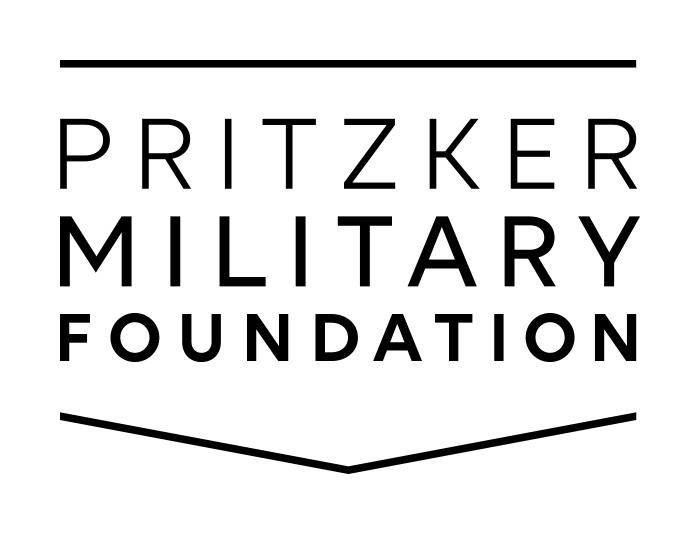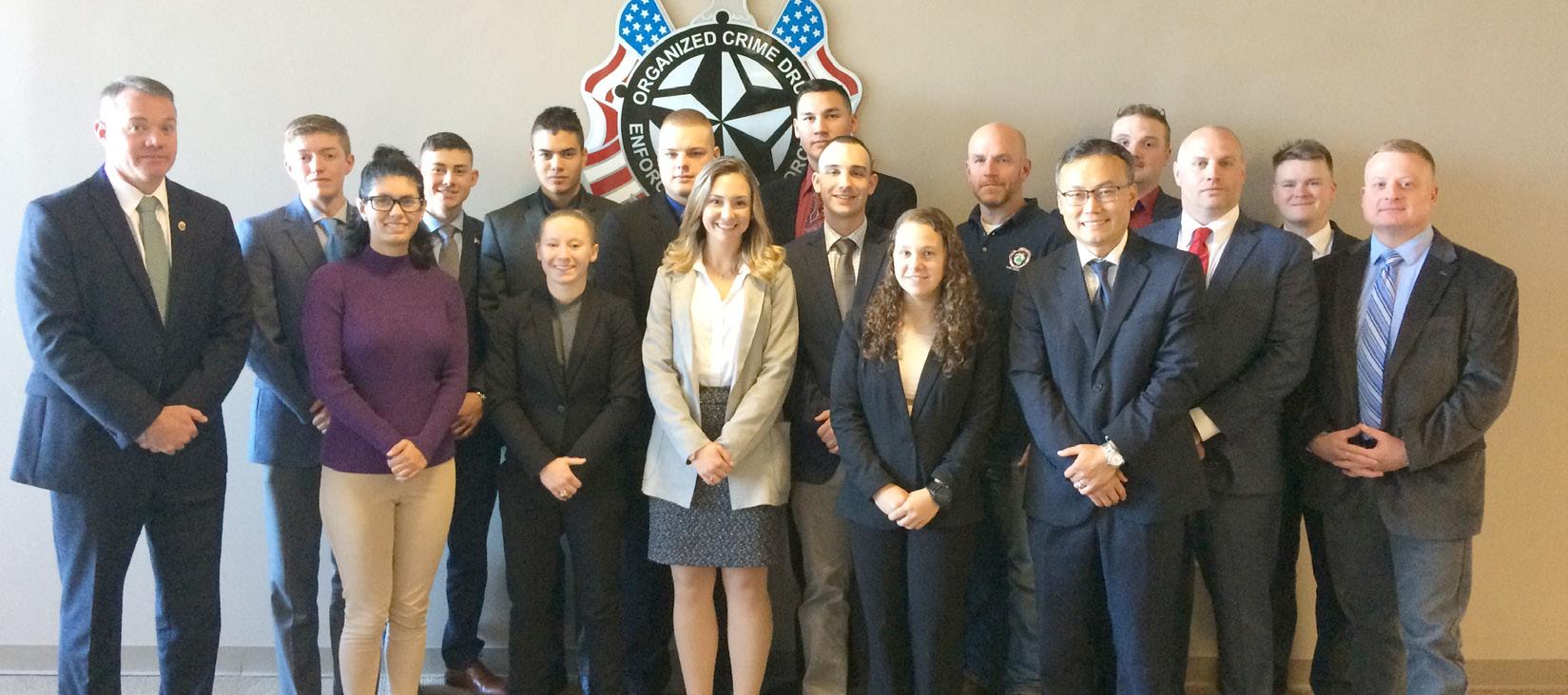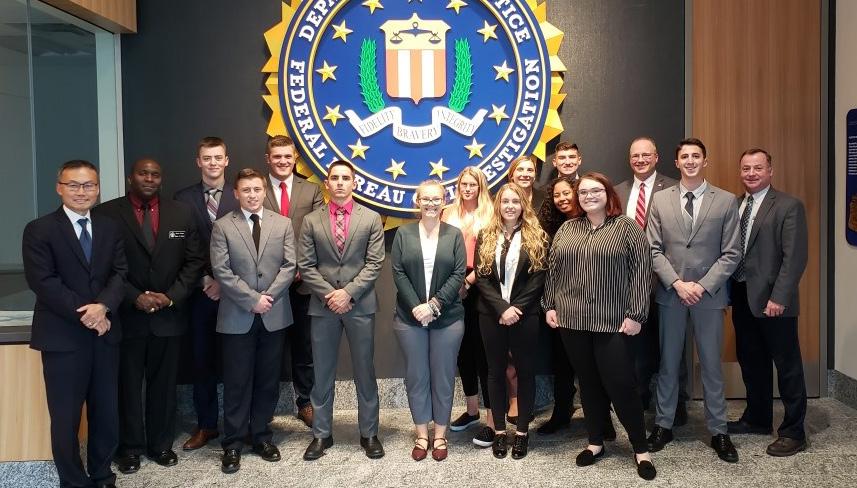
2 minute read
Experential Learning
Experiential Learning
Olmsted Foundation: Overseas Cultural Immersion
Advertisement
For the 15th year in a row, the Olmsted Foundation has granted PAWC $20,000 to support the Peace and War Center’s Overseas Cultural Immersion Trip to North Macedonia. The grant allows seven Norwich students who are on a ROTC commissioning track as active duty officers in the United States military to travel abroad. Students speak in person to the people and visit the places that illustrate a relevant international conflict; the experience is free of any charge to the student.
P2P (Peer-to-Peer): Challenging Extremism
A team of Norwich students were awarded the nation’s top prize in P2P (Peer-to-Peer): Challenging Extremism, a nationwide collegiate competition. The team members presented their project in Washington, D.C. in April 2019.
The Norwich EMIT was awarded the first place $5,000 grant to expand its international counterterrorism campaign against other extremist groups. EMIT, or “Extremist Mimicry Interception Tool,” uses social media to counter the online recruitment by extremist groups.
Boston Immersive Simulation Experience (BISE)
BISE is an experiential learning opportunity for a small group of undergraduate students. In collaboration with Norwich alumni, twelve students visited five federal agencies, such as FEMA, FBI, DHS, Coast Guard, and DEA. Students participate in state-level emergency response simulations which enables them to apply their academic knowledge, integrate relevant research, collaborate as a team, and understand complex decision-making processes.
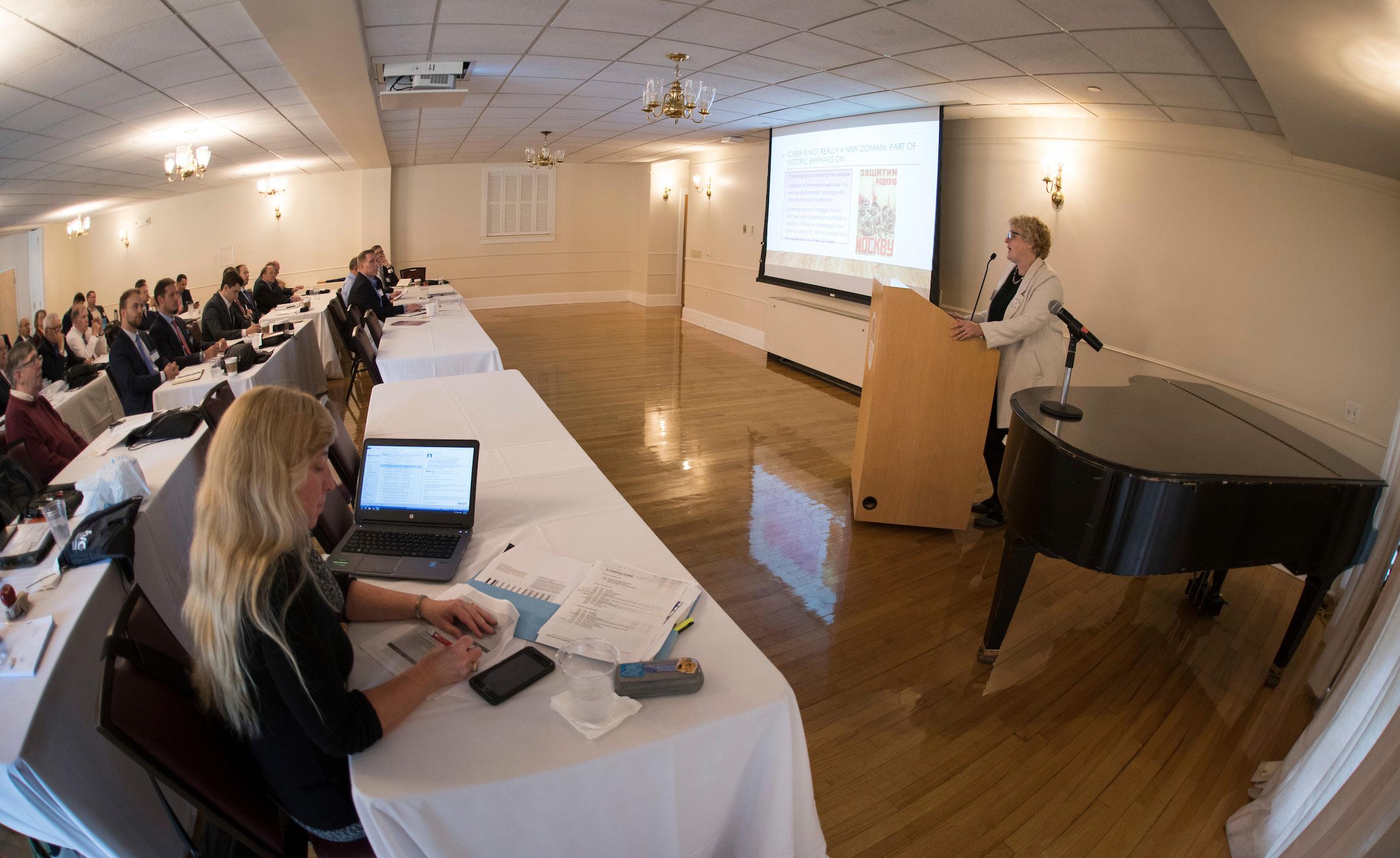
25th Reserve Officers Association (ROA)/Verband der Reservisten der Deutschen Bundeswehr (VdRBw) Partnership Seminar on Cyber Strategy
Peace and War Center partnered with the Reserve Officers Association on this important event to advance interdisciplinary knowledge for students, scholars, and practitioners on cyber strategy in order to examine, compare, and analyze what is occurring in the digital space.


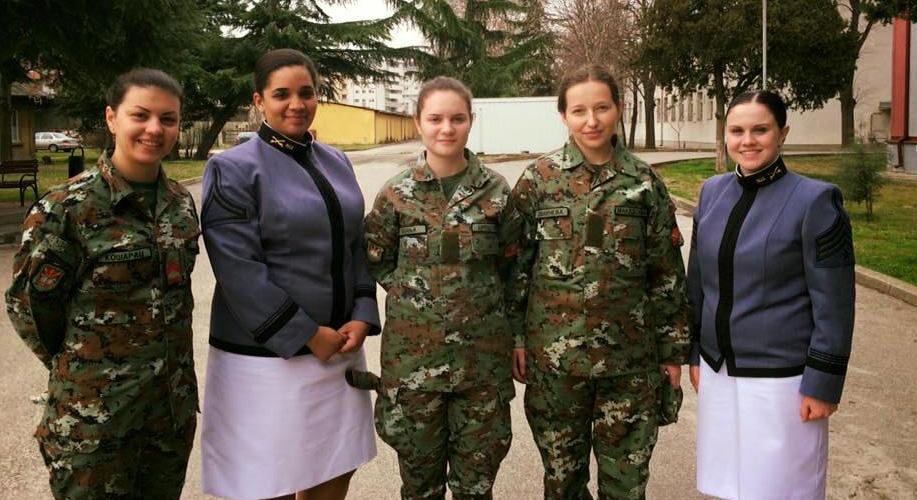




The PAWC received a NATO grant to formulate an advanced training course (ATC) on “Countering Terrorism in South Eastern Europe.” The five-day course in Lake Ohrid, North Macedonia prompted the publication Critical Information Infrastructure Protection (CIIP) for Terrorist Attacks: Strategic Perspectives and Concerns for NATO and Partner Countries.
The book presented the work of conference attendees. The ATC hosted presenters from 15 countries, and included government representatives from North Macedonia, Slovenia, Bosnia and Herzegovina, Montenegro, Albania, Bulgaria, Croatia, and Kosovo.
Covering five central priorities including contemporary global terrorist practices, radicalization processes and recruitment techniques; terrorist use of cyber; legal aspects; building resilient societies; and a concentration on SEE counterterrorism, the ATC topics all aimed to counter the real and evolving threat of terrorism in the region.
